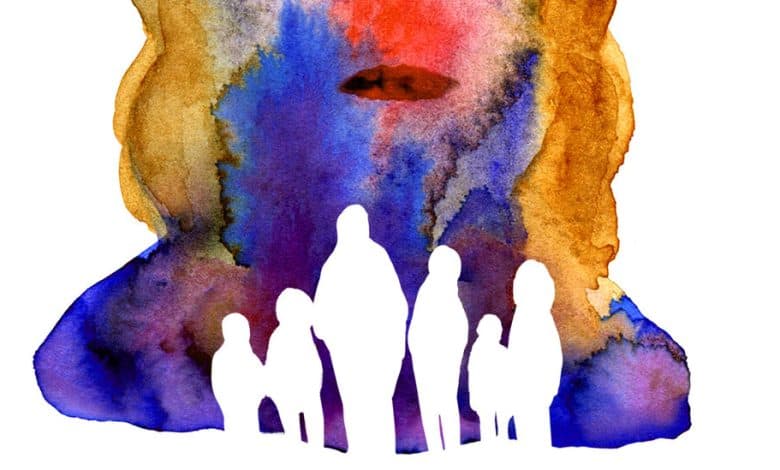Anna Quindlen Is Back, With Four Seasons of Loss and Survival

AFTER ANNIE, by Anna Quindlen
Anna Quindlen knows what she’s doing. So there’s really no need to play Sigmund Freud in a book review, stage-whispering about the protagonist of her new novel: “Annie! It’s practically the same as ANNA!” Yes. Yes, it is. And this Annie, by the end of the first chapter, has died on the kitchen floor after an aneurysm, leaving behind a brood of mourners, including her befuddled mensch of a husband, four children as lost as mittens and a precariously recovering best friend.
Quindlen, our first lady of motherhood, has written herself out of the center of this quietly revelatory and gently gleaming gem of a book. Maybe it’s a little bit like attending your own funeral — or imagining everything that comes after. What happens in the crushing vacuum of such an absence? As the husband, Bill, sees it, “he’d had a life and a family and it had been a wheel and then the hub of the wheel was gone and it was just a collection of spokes, and a collection of spokes didn’t spin, didn’t take you anywhere.”
The novel is organized into a year of sad seasons — beginning and ending with winter — and the perspective shifts among three characters: Bill, a plumber, who is plausibly baffled by everyone’s feelings even as he goes around unclogging things; Ali, the eldest, a bereft 13-year-old who suddenly needs to be making her dad meatloaf sandwiches and mothering everybody; and Annemarie, the friend who has always been, we learn, the Opium perfume to Annie’s Happy, and who is desperately trying not to add a handful of painkillers to the grief she’s swallowing.
My favorite thing about Quindlen’s writing has always been her closely observed revelations about family life. This is what has animated much of her celebrated career, not only as a best-selling novelist but as a Pulitzer Prize-winning journalist. I still recall a “Public and Private” column she wrote for The New York Times in 1990, on the second birthday of her youngest child: “My daughter is ready to leap into the world, as though life were chicken soup and she a delighted noodle.” I’ve remembered this line for 34 years.
In “After Annie,” Quindlen uses these details to help us understand the experience of loss. Husband, daughter, friend — everyone remembers Annie in bits and pieces, and these memories are like the tiles of a mosaic, laid down into a gorgeous, fractured portrait of what they’re missing. As Bill puts it, “All the general things people said, about how the person was a good friend and a good wife and a good mother, were useless, almost insulting in their lack of specificity.”
Their Annie was the person who “was always forcing the kids outside to look up: thumbnail moon, half-moon, new moon, full moon.” Sometimes, when Bill reached into the closet for a shirt, “a sleeve or two from her side would touch his arm, like it was reaching for him, and there would be a faint smell, lemon and hand cream and something else, maybe her shampoo.” Ali remembers the particular way her mother talked her through long division. Annemarie feels her friend sitting in the passenger seat, even now, saying, “Eyes on the road.”